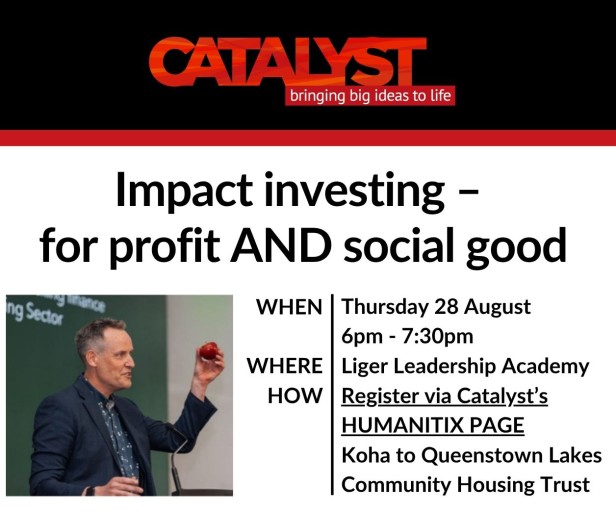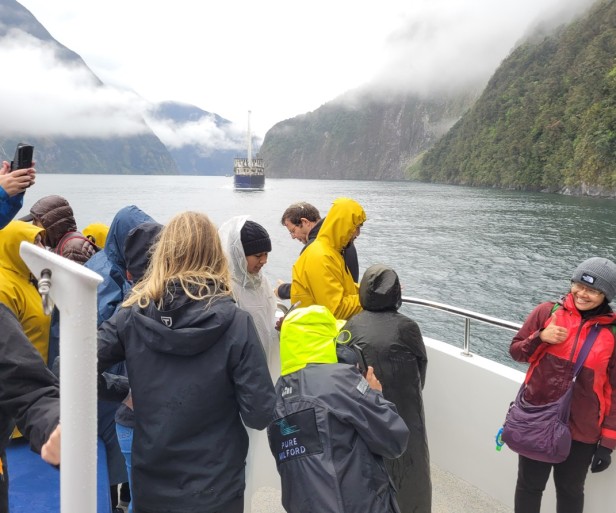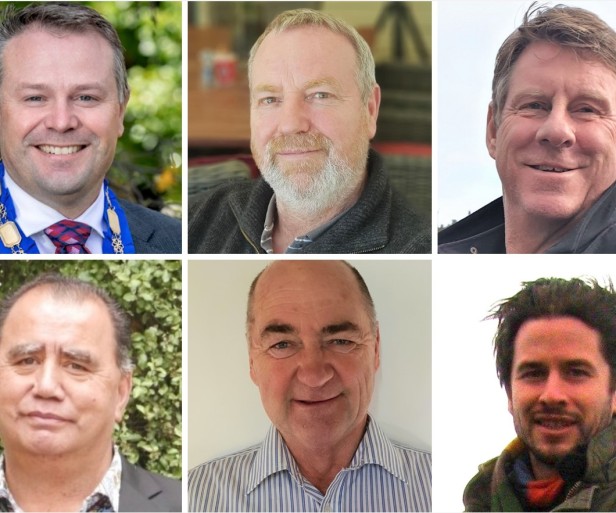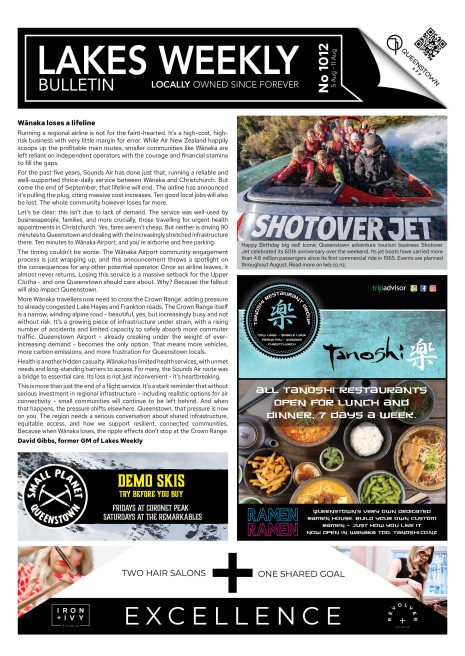Why are our supermarket shelves so bare?
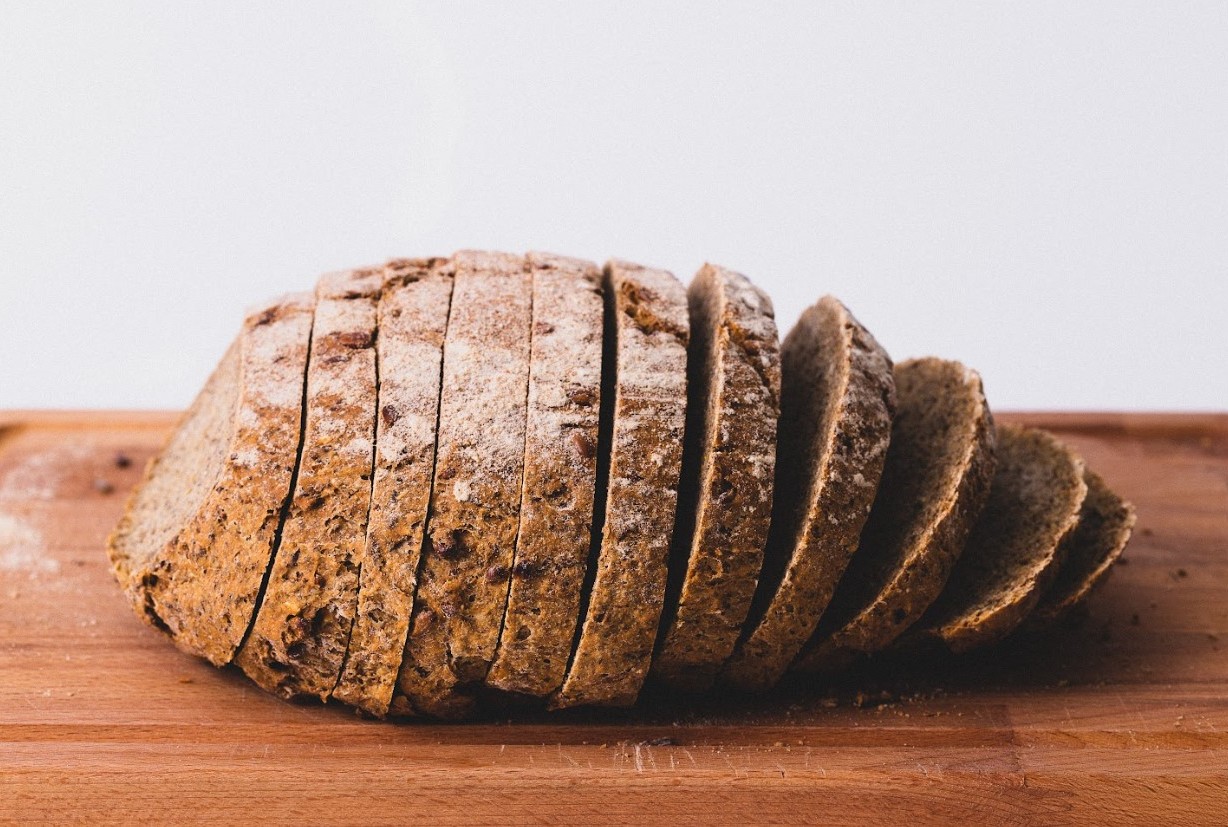
- Written by Wao, a collective dedicated to a regenerative future.
What would you do if all the bread ran out? Or all the fruit? Have you thought about it?
It seems an odd question, when we’ve got everything we desire right at our fingertips. Frozen berries from eastern Europe, bananas from the Philippines, coffee from Central America. Tomatoes in winter, pumpkins in summer. It seems almost too good to be true, and that’s because it is.
You may have noticed our supermarket shelves looking awfully bare in places. And this seems to be becoming commonplace and an accepted issue. So, what can we do about it?
As food resilience and food systems sustainability expert Julia Blackford will tell you, our current food system is in a pretty vulnerable state.
Blackford explains that food resilience is basically the ability to continue to feed ourselves in the face of disruptive shocks or chronic stresses that our system might face. And right now, she says we’re at the worst possible point.
"In a really short space of time, we’ve totally lost our individual responsibility and ability to feed ourselves,” Blackford says. “It’s created a really dangerous and non-resilient system for ourselves."
The good news is, we don’t live on Mars - the soil beneath our feet can be fertile, and there’s plenty we can do. But we need everybody’s help. The first step is to find out where we are at, as a community, and exactly what holes we have in our food system.
To that end, Wao has launched the Community Food Resilience Survey of the Queenstown Lakes District, designed by the wider Wao Aotearoa network and funded by the QLDC.
You can find it at wao.co.nz, as well as at your table in local cafes and restaurants.
The information that we gather will identify our strengths and weaknesses as a district, and help us to design a collective vision for our community. Your voice is essential.
If we take action now, building a vibrant, low-emission local food system is well within our reach.
After all, as Blackford explains, where we find ourselves is a relatively new situation.
“Even 75 years ago in Queenstown, we would have been able to source most of our food within a 50 kilometre radius,” she says.
Right now, the food we eat here in the Southern Lakes is mostly dependent on a fragile global supply chain.
There are a few issues with this. Firstly, the aforementioned vulnerability to disruptive shocks - these might be war, natural disaster or climate change related events. We’ve seen this with global wheat supply and the war in Ukraine.
Secondly, our current system is simply not sustainable. It’s based on the heavy, inefficient use of fossil fuels, which we urgently need to reduce. It’s also extremely wasteful - appallingly, over a third of the food produced globally goes to waste.
Current food systems are responsible for around one-quarter (26%) of global greenhouse gas emissions. This includes emissions from land use change, on-farm production, processing, transport, packaging, and retail.
The answers, as so many of the speakers at last year’s Wao Summit emphasised, lie with communities and local solutions. Research is showing that citizen and community action, empowered by knowledge, has a huge impact in preventing ecological breakdown.
Whether that’s food, transport or tourism, we can only do this together. The results from this survey will contribute to the creation of a district-wide Local Food Network, which will exist to identify and action initiatives to help our district become more food resilient.
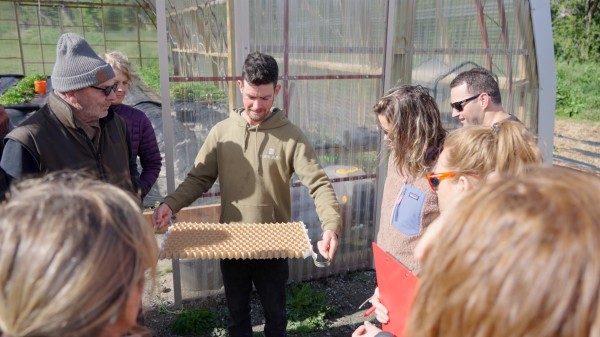
Royal Burn is a local producer showing what can be done
Aside from improving resilience to shocks, locally grown food is also a hero on many levels.
Firstly, it comes without the fossil fuel miles. Secondly, it improves equitable access to fresh, varied food. That is, it improves our overall food security. Bringing our food production closer to home allows us to be more self-sufficient, and this sufficiency creates security. Thirdly, community gardens and other projects offer up volunteer and work opportunities.
One local example is Grow Wānaka, a community garden, education hub and composting project. On a piece of donated land, they grow a whole range of produce, giving the harvested bounty to volunteers and Community Networks, which distributes it amongst the community.
The team runs workshops on things like composting, bokashi and seedling planting, and have a small worm farm operation for food scraps.
This brings us to another huge part of making our food systems more sustainable: designing the waste out of them. While Grow Wanaka is increasing its capabilities to process community food waste, other organisations are focussing on the food which really shouldn’t be thrown out in the first place.
KiwiHarvest Queenstown, for example, diverts food which was destined for the landfill from donors like supermarkets, and donates it to community organisations. Food for Love, for example, takes this food and creates home-cooked meals, delivering them to those in need.
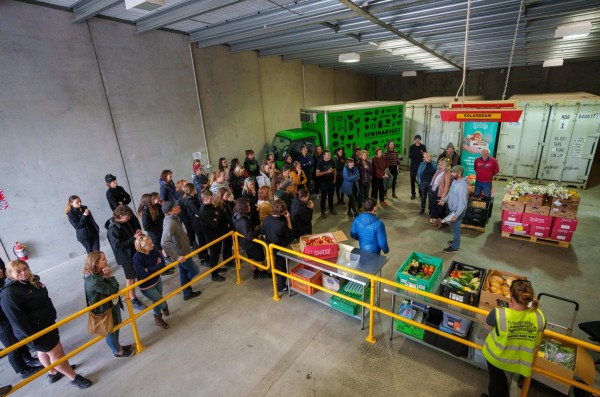
A Wao Summit 2022 tour around KiwiHarvest
So our food waste champions are working hard, but we need more widespread action to transform our local food system. And that begins with you, our survey, and getting a lay of the land. It’s about taking an honest, collective consideration about where we are at, where we are going, and what we want our future to look like. With a bit of forethought, hopefully that’s one where we never run out of bread, fruit or eggs, and one where we can harvest most of what we need from our backyard.
For a deeper dive into the topic of food resilience with Julia Blackford, head along to the March Wao Green Drinks Session, when she’ll get into the nitty gritty.
This is on Wednesday, 29 March at 4.45pm - 6pm, at the Lake Wānaka Centre.


